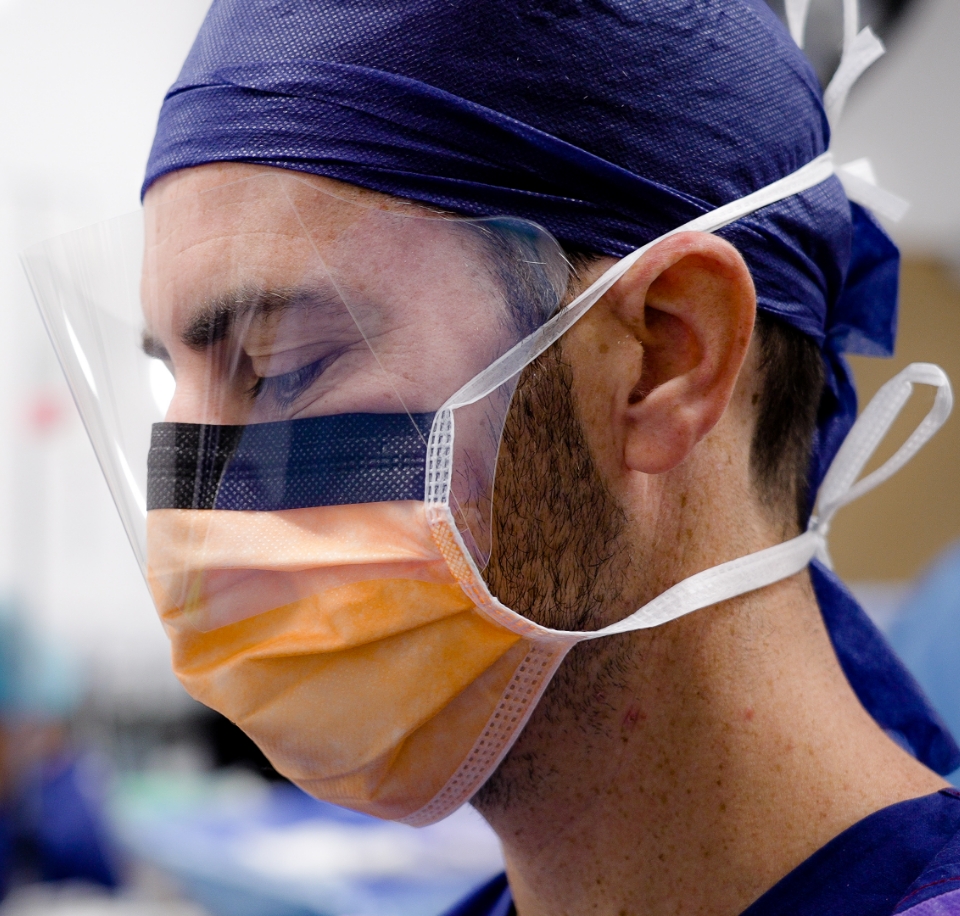Before Your Surgery
Preparing for your Procedure
This page of information has been created with the intention of providing a basic understanding of pre-surgery considerations to guide your preparation. Please remember, this is simply a reference guide, and the preparation and recovery expectations of your specific surgery may be slightly different. If you undergo surgery, Dr Brumby-Rendell will provide information regarding post-surgery expectations. It is important that you prepare both physically and mentally for your surgical procedure to promote successful, beneficial results.
Post-surgical complications will decrease in chance if you clearly understand the surgical process and your responsibilities.

Helpful Checklist
Preparing for Day Surgery
Still have questions?
Contact our clinic to answer any queries.
